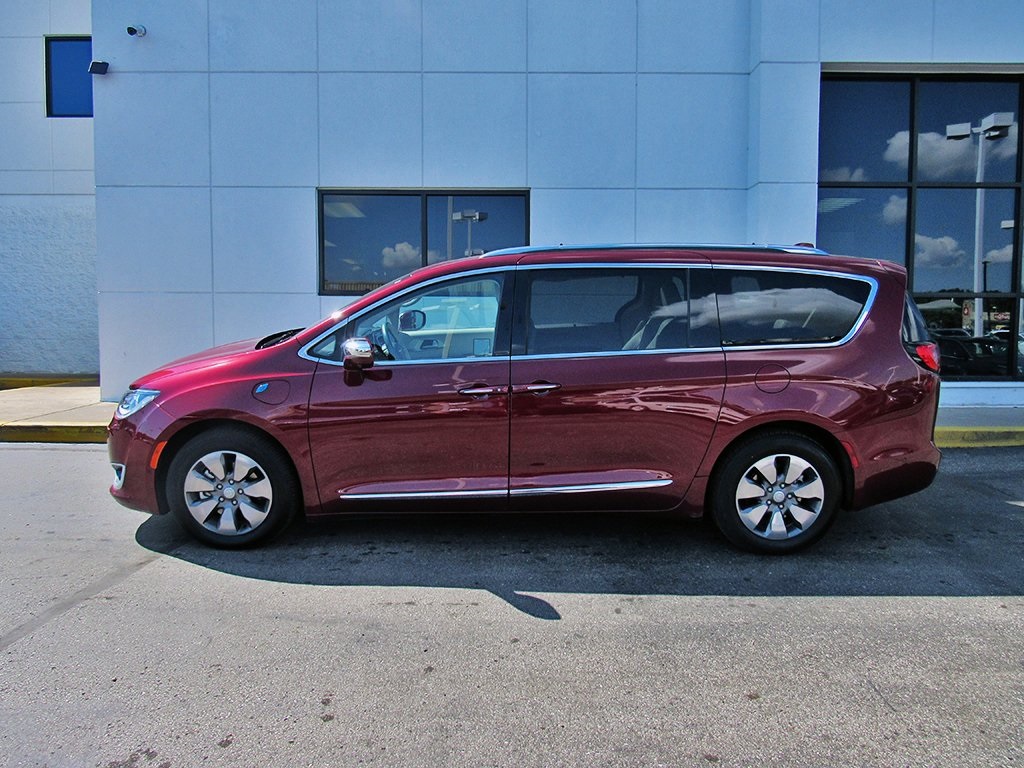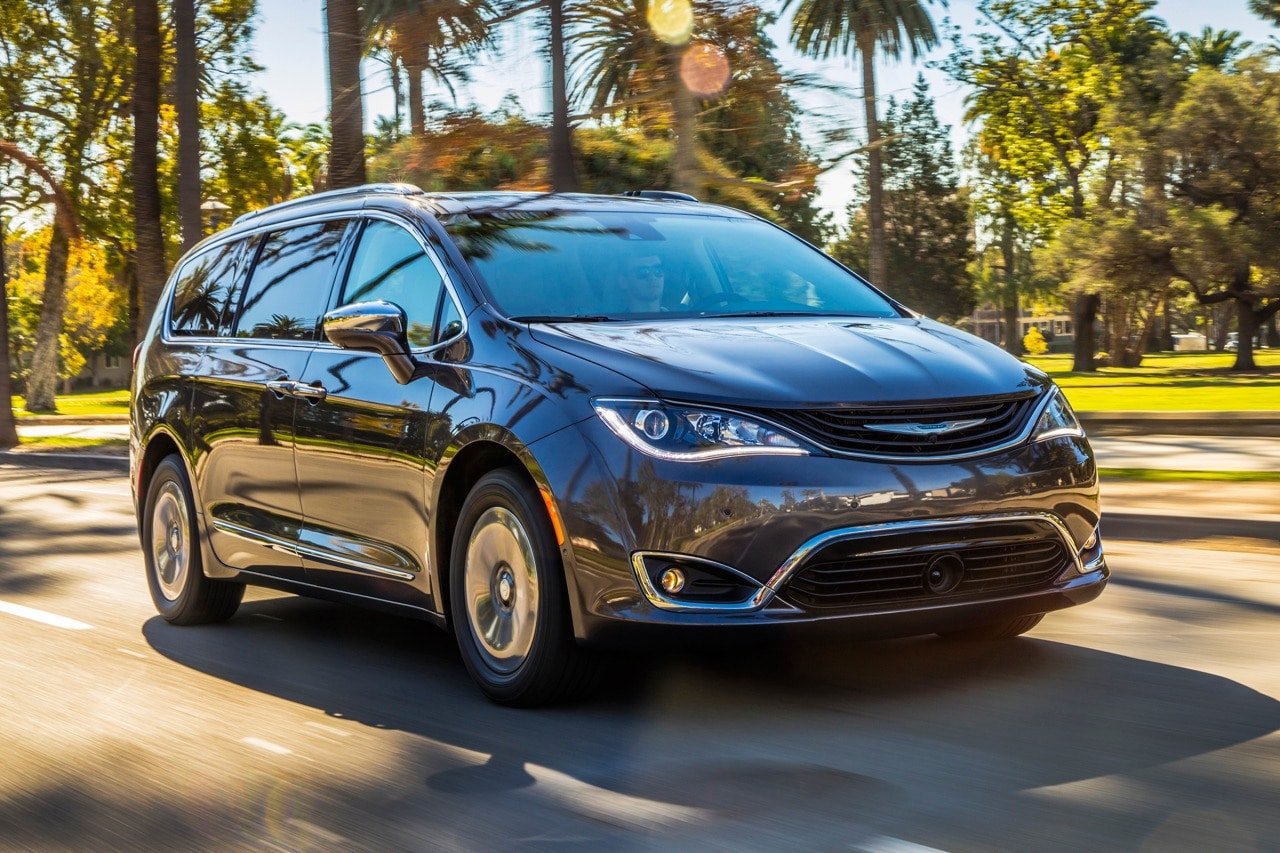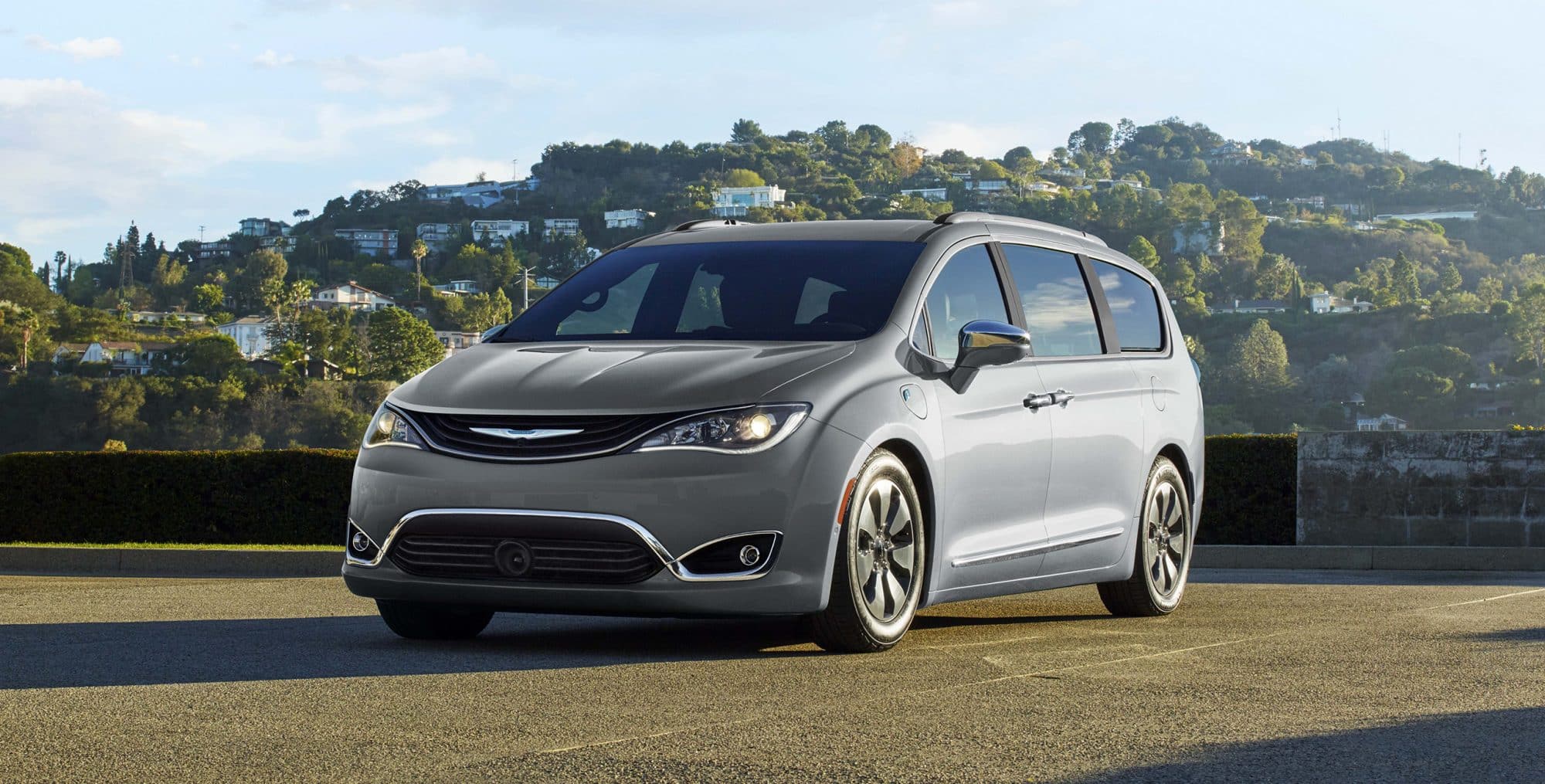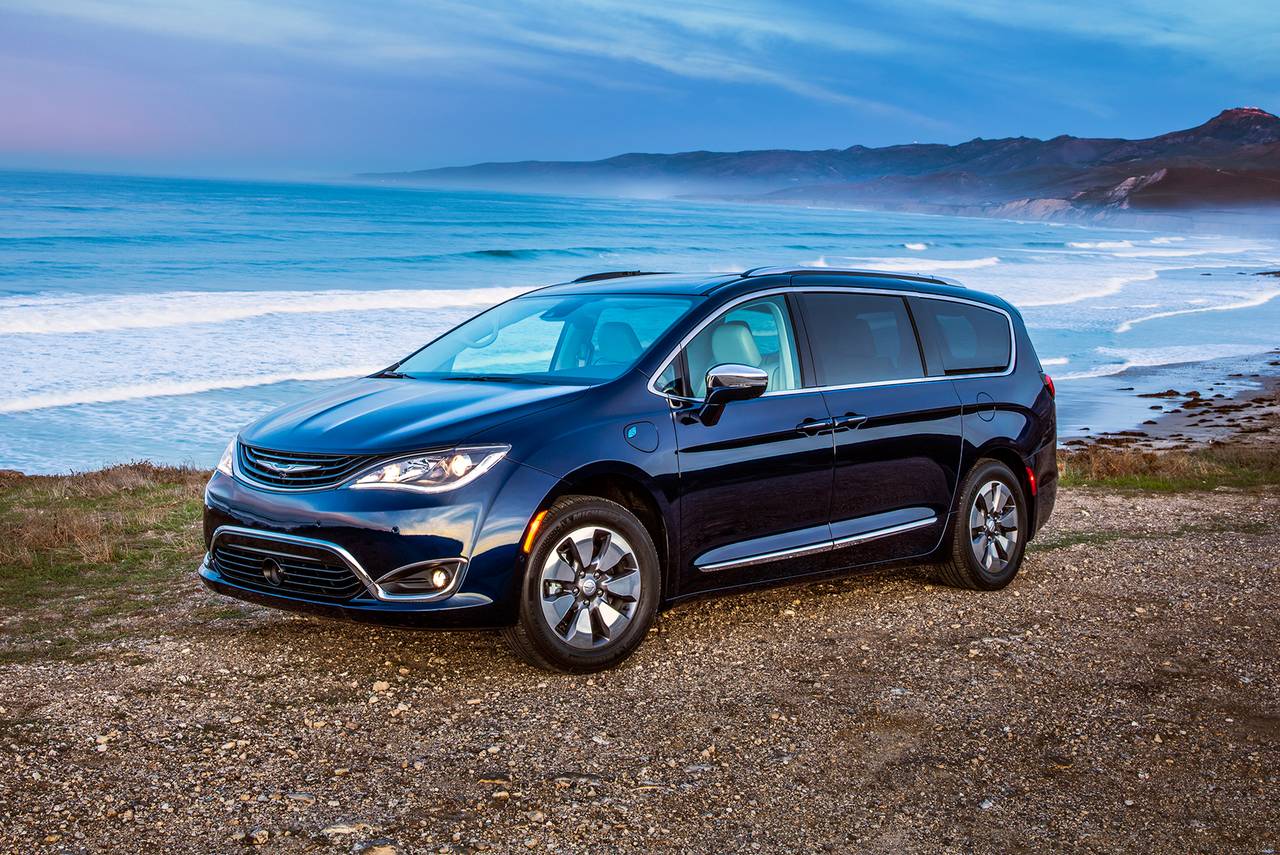Hybrid Pacifica For Sale – Vintage clothing, in particular, has gained a significant following, with people seeking out unique, one-of-a-kind pieces that cannot be found in mainstream stores. Many high-quality products come with a rich history, whether it’s the legacy of a renowned brand or the personal touch of a local maker. In addition to offering unique items and affordable prices, many second-hand stores also serve an important social and community function. Additionally, there is the challenge of integrating the business into their existing operations and ensuring that it continues to thrive under new ownership. These platforms provide a convenient way for sellers to connect with potential buyers, set their prices, and arrange for shipping or pick-up. Sometimes, a sale can feel like the closing of one chapter and the opening of another. The second-hand market is not just about saving money; it’s about embracing a more sustainable, mindful way of consuming that values reuse, repurposing, and the stories behind the items we choose to keep. Quality goods stand in stark contrast to this cycle. It carries the marks of life’s moments: the road trips, the adventures, the daily commutes, the memories of friends and family. Second-hand goods for sale are no longer seen as inferior or out-of-date, but rather as a conscious, stylish, and eco-friendly choice. We live in a society where people constantly trade their time for money, their expertise for compensation, their dreams for tangible rewards. They remind us that, despite living in a world where everything is for sale, there are some things that remain priceless. The environmental benefits of buying second-hand goods go beyond just reducing the need for new production. It’s a constant negotiation, where both parties seek to align their perceptions of worth and reach an agreement that satisfies both sides. Selling such an item can be a difficult decision, yet it often represents the practical need to downsize or make space for something new. It doesn’t fall apart after a few uses, nor does it need to be replaced after a season. Through online marketplaces and platforms, small businesses and independent creators can sell their goods to a global audience. Similarly, a quality suit made from fine wool will age gracefully, developing a patina that speaks to its craftsmanship. For the buyer, purchasing a home is a dream realized, a step toward security and stability. With the rising costs of new products, especially in categories like electronics, clothing, and furniture, purchasing second-hand items can offer significant savings.

Used 2017 Chrysler Pacifica Hybrid Platinum for Sale in Indianapolis
Heated front seatswireless chargingcarefree maintenancequick acceleration

New 2020 CHRYSLER Pacifica Hybrid Hybrid Limited FWD Passenger Van in
Heated front seatswireless chargingcarefree maintenancequick acceleration
2020 Chrysler Pacifica Hybrid Limited 4dr Mini Van Ceramic Greyextra
Heated front seatswireless chargingcarefree maintenancequick acceleration

2017 Chrysler Pacifica Hybrid Pricing For Sale Edmunds
Heated front seatswireless chargingcarefree maintenancequick acceleration

New 2018 Chrysler Pacifica Hybrid for sale near Ocean City, NJ; Middle
Heated front seatswireless chargingcarefree maintenancequick acceleration

2018 Chrysler Pacifica Hybrid Minivan Pricing For Sale Edmunds
Heated front seatswireless chargingcarefree maintenancequick acceleration

Used 2021 Chrysler Pacifica Hybrid for Sale Near Me
Heated front seatswireless chargingcarefree maintenancequick acceleration

2020 Chrysler Pacifica Hybrid Values & Cars for Sale Kelley Blue Book
Heated front seatswireless chargingcarefree maintenancequick acceleration

2018 Chrysler Pacifica Hybrid Pricing For Sale Edmunds
Heated front seatswireless chargingcarefree maintenancequick acceleration

2017 Chrysler Pacifica Hybrid Minivan Pricing For Sale Edmunds
Heated front seatswireless chargingcarefree maintenancequick acceleration
This subjective nature of value is what makes the “for sale” market so dynamic. These brick-and-mortar stores offer a different shopping experience, one that is often characterized by the thrill of the hunt. The items placed for sale are not merely commodities; they are often vessels of memories, symbols of past achievements, or representations of something bigger than the price tag they carry. Whether it’s a rare collectible, a discontinued item, or a vintage piece of clothing, online platforms offer a global marketplace where buyers and sellers can connect over products that may not be easily found elsewhere. The first and most obvious reason is the tangible benefits they offer. These acts of generosity remind us that there are still things in life that cannot be bought, cannot be sold, and cannot be quantified. Entrepreneurs can launch businesses from their homes, and freelancers can offer their skills to clients across the world. Whether through thrift stores, flea markets, online platforms, or garage sales, second-hand goods provide consumers with an opportunity to find items they might not otherwise be able to afford, while also contributing to a circular economy where products are reused and repurposed. For the buyer, purchasing a home is a dream realized, a step toward security and stability. For sellers, online platforms can expand their reach to a global audience of potential buyers, increasing the chances of finding the right match for their business. What will come next? What new opportunities will arise from this decision? When an item is placed “for sale,” it’s not just the object that’s changing hands; it’s often a reflection of the personal changes happening within the seller. But in the end, whether it’s an item or an individual, the process of being “for sale” is a negotiation of worth, a moment of exchange. Yet, at the same time, there’s the promise of new beginnings for both the seller and the buyer. When it’s put up for sale, it can bring with it a sense of loss, as if a piece of the seller’s life is being taken away. When someone buys a second-hand item, whether it’s a piece of furniture passed down through generations or a retro jacket from a bygone era, they are not just acquiring an object; they are connecting to a story, a memory, or a cultural moment. The production of new goods often requires significant resources, such as raw materials, energy, and labor, while also generating waste and contributing to pollution. Once an agreement is reached, the final step is the legal transfer of ownership. These moments remind us that there is more to life than the pursuit of profit, and that not everything can be measured by a price tag. For the buyer, there is the risk of inheriting a business with hidden problems or liabilities that were not disclosed during the due diligence process. This has made it easier for people to find items that might have otherwise been out of reach, whether it’s a rare collectible, an antique, or a product from another country.
Many high-quality products come with a rich history, whether it’s the legacy of a renowned brand or the personal touch of a local maker. In some cases, buyers may also acquire businesses with existing intellectual property, such as patents, trademarks, or proprietary technologies, which can offer a competitive edge in the market. Manufacturing new items requires energy, raw materials, and natural resources, all of which contribute to environmental degradation. In a world that often prioritizes convenience
The notion of a business for sale is one that captures the imagination of many. One of the key defining features of quality goods for sale is their ability to stand the test of time. Many second-hand clothing stores and online platforms specialize in curating high-quality, gently used apparel, making it easy for consumers to find fashionable items that align with their tastes. While the sale of a business can provide a valuable opportunity for both parties involved, it also carries risks. For sellers, the market for second-hand goods offers an opportunity to declutter their homes and make some extra money. Yet, despite this shift, the appeal of quality craftsmanship has not waned. Many everyday products, such as kitchenware, footwear, and tools, can also be considered quality goods, provided they are made to last and perform well over time. Regardless of the reason, the sale of a business is an event that requires careful planning, transparent communication, and strategic negotiations. Vintage clothing, in particular, has gained a significant following, with people seeking out unique, one-of-a-kind pieces that cannot be found in mainstream stores. For the buyer, it can feel like a great opportunity, a chance to acquire something they’ve been searching for, or maybe just the satisfaction of knowing that a good deal is within reach. Overpricing an item can lead to it sitting unsold, while underpricing it can result in lost potential revenue. This has opened up new possibilities for people to find exactly what they’re looking for, whether it’s a specific brand of furniture or a limited edition item that was once sold out. Relationships can become transactional, where each party enters into an agreement based on what they stand to gain. When a person decides to sell something, they might weigh the pros and cons, debating whether it’s the right time or whether it’s really necessary to part with what they’ve had for so long. When someone talks about purchasing quality goods, they are likely thinking of items that have been designed to last, to provide a superior experience, and to offer a sense of value far beyond the initial cost. Whether it’s the sleek lines of a designer chair or the intricate patterns on a handwoven rug, quality goods are often as much about aesthetics as they are about functionality. In a world dominated by fast fashion, disposable electronics, and mass-produced items, many people are beginning to question the value of constantly purchasing new products.